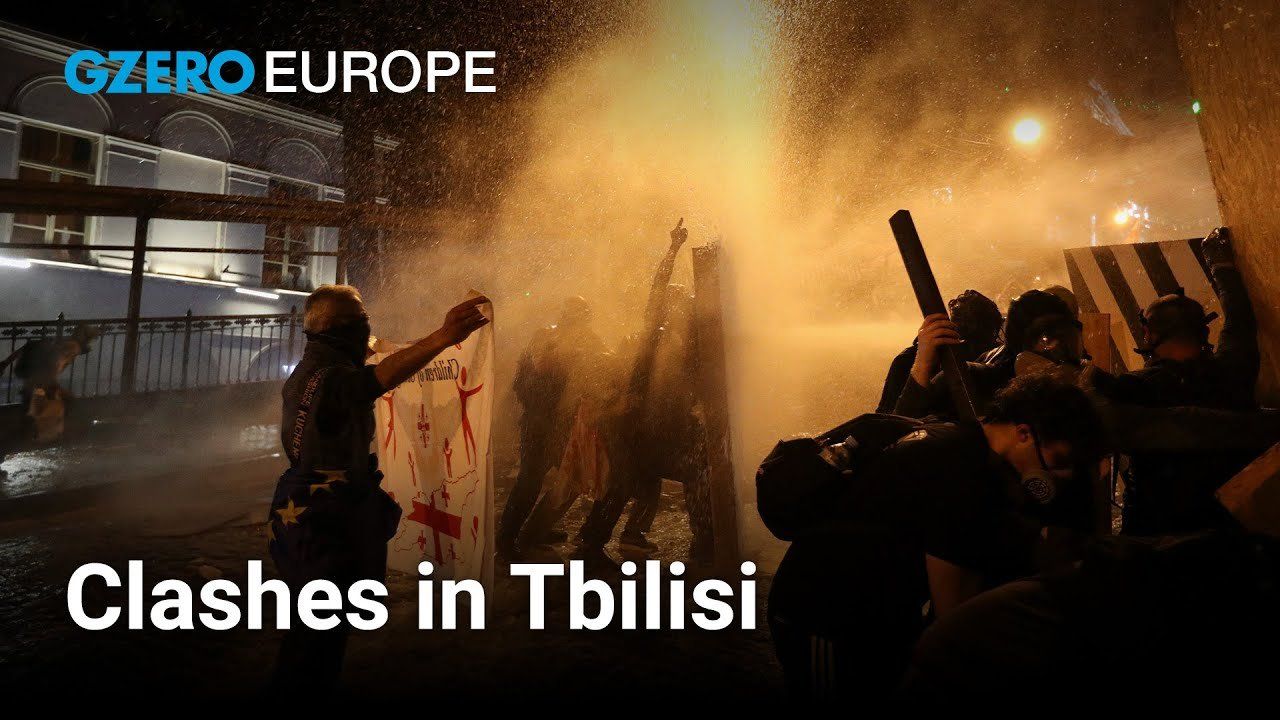Tbilisi clashes: Georgia government pushes "Russian" bill risking EU candidacy

Carl Bildt, former prime minister of Sweden, shares his perspective on European politics from Arizona, US.
With the huge protests that we see in the streets of Tbilisi, is that a sign of the Georgian government moving closer to Russia?
Well, it is certainly a sign of the Georgian government being more authoritarian and distinctly more anti-Western. And that is, of course, endangering the ambitions of Georgia to move closer to the European Union, eventually membership. We'll see what happens. But Georgia was given this status of candidate country to the European Union. I think what we see now is going to have the consequences that there's not going to be any movement forward on that until we see Georgia moving into more Western, Democratic, and liberal direction.
Which are the implications of the resignation of the first minister of Scotland?
I think what we see there, in that particular crisis in Edinburgh, is part of the decline of the Scottish Nationalist Party. It was the dominant force in Scottish politics for quite some time. It, of course, drove the issue of Scottish independence that was defeated, rather narrowly, though, in a referendum some years ago. But independence isn't the only issue, and they've been stumbling on the one issue and all the others since then. I think what will happen is the return of the Labour Party as the dominant political force in Scotland. And for the time being, the question of independence on a distinct back-burner.
- Sturgeon's arrest roils Scottish politics ›
- Turmoil in Scotland as first minister resigns ›
- Georgians take to the streets against ‘foreign agent’ law ›
- Russia invaded Georgia too, and it never left ›
- Xi invites Putin to China to strengthen "no limits" partnership - GZERO Media ›
- Why was Slovakia's Prime Minister attacked? - GZERO Media ›
- Will offensive Puerto Rico remarks hurt Trump's chances? - GZERO Media ›